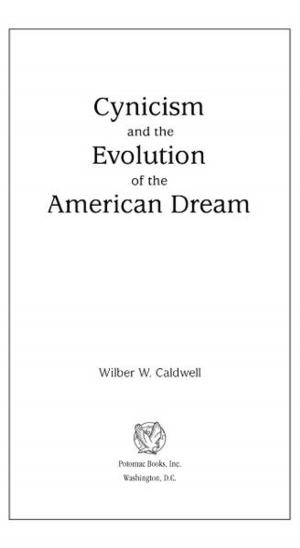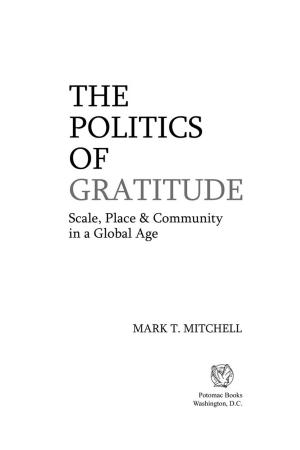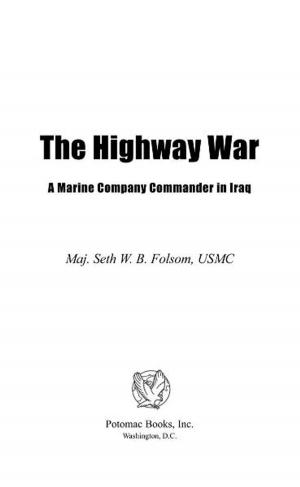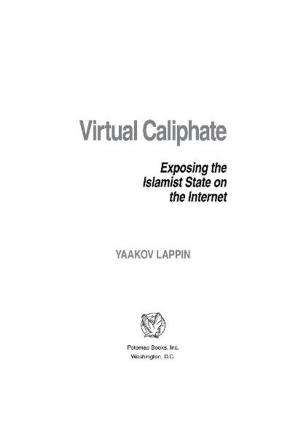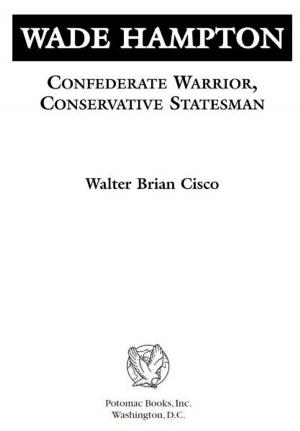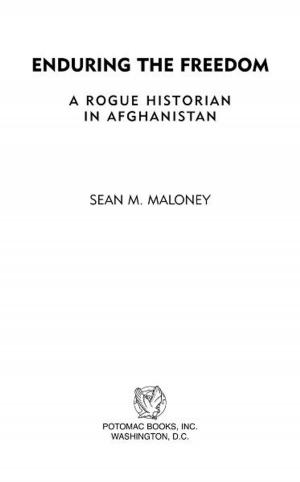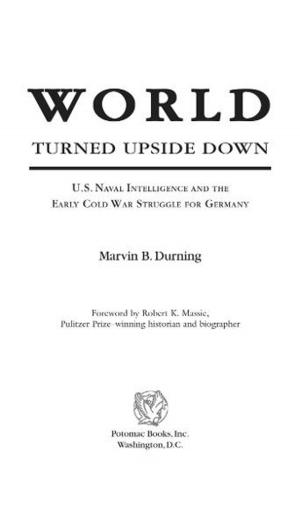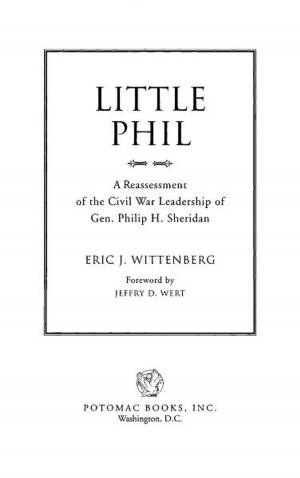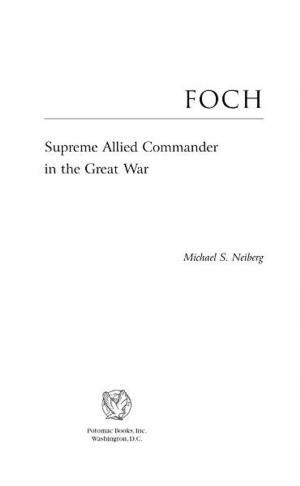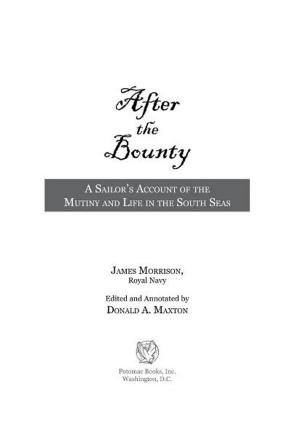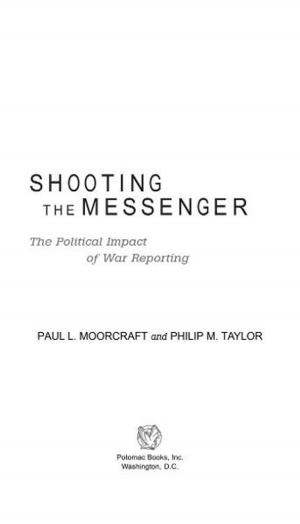| Author: | Istvan Gyarmati; Theodor Winkler | ISBN: | 9781612342351 |
| Publisher: | Potomac Books Inc. | Publication: | October 31, 2002 |
| Imprint: | Potomac Books Inc. | Language: | English |
| Author: | Istvan Gyarmati; Theodor Winkler |
| ISBN: | 9781612342351 |
| Publisher: | Potomac Books Inc. |
| Publication: | October 31, 2002 |
| Imprint: | Potomac Books Inc. |
| Language: | English |
Beginning with the landslide political changes in Europe in the early 1990s, politicians and military planners started to contemplate the possible effects on military postures. Most countries, however, did not enforce plans for post-Cold War reform because they lacked political will and money, their conservative militaries resisted, and they felt no real pressure from any clear and present threat. September 11 was seen in many cases as a loud wake-up call, but nonetheless it did not elicit a clear response. Even in the United States, where calls for defense reform were the strongest, real defense reform seems to be another casualty of the terrorist attacks.
Fortunately, debates have begun about the future of military forces, the "revolution in military affairs," and the plans for NATO and European security and defense cooperation. Whether these initial discussions will lead to real strategic thinking, to threat analysis, and finally to a meaningful strategic review is uncertain. This publication serves as a timely contribution to the debate on determining which lessons have, and have not, been learned while suggesting possible courses for the way ahead.
Fortunately, debates have begun about the future of military forces, the "revolution in military affairs," and the plans for NATO and European security and defense cooperation. Whether these initial discussions will lead to real strategic thinking, to threat analysis, and finally to a meaningful strategic review is uncertain. This publication serves as a timely contribution to the debate on determining which lessons have, and have not, been learned while suggesting possible courses for the way ahead.
Beginning with the landslide political changes in Europe in the early 1990s, politicians and military planners started to contemplate the possible effects on military postures. Most countries, however, did not enforce plans for post-Cold War reform because they lacked political will and money, their conservative militaries resisted, and they felt no real pressure from any clear and present threat. September 11 was seen in many cases as a loud wake-up call, but nonetheless it did not elicit a clear response. Even in the United States, where calls for defense reform were the strongest, real defense reform seems to be another casualty of the terrorist attacks.
Fortunately, debates have begun about the future of military forces, the "revolution in military affairs," and the plans for NATO and European security and defense cooperation. Whether these initial discussions will lead to real strategic thinking, to threat analysis, and finally to a meaningful strategic review is uncertain. This publication serves as a timely contribution to the debate on determining which lessons have, and have not, been learned while suggesting possible courses for the way ahead.
Fortunately, debates have begun about the future of military forces, the "revolution in military affairs," and the plans for NATO and European security and defense cooperation. Whether these initial discussions will lead to real strategic thinking, to threat analysis, and finally to a meaningful strategic review is uncertain. This publication serves as a timely contribution to the debate on determining which lessons have, and have not, been learned while suggesting possible courses for the way ahead.

